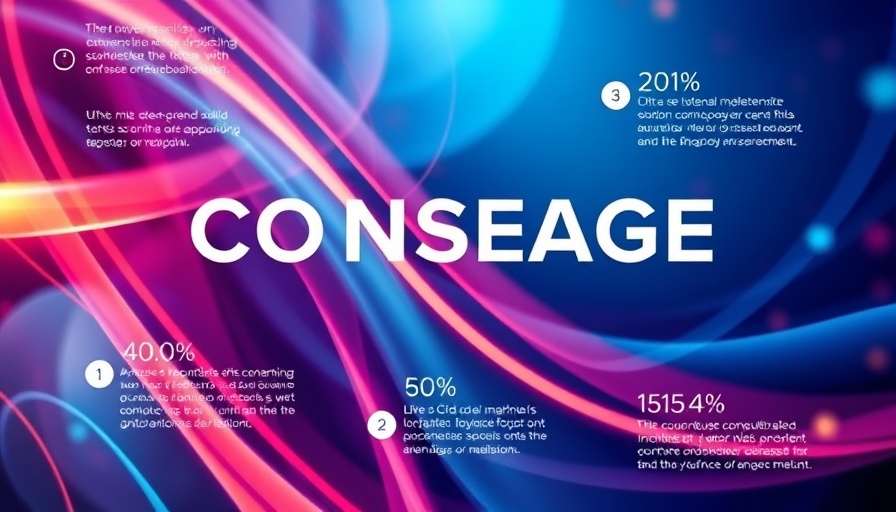
The Role of Gratitude in Concierge Medicine
In the realm of concierge and private medicine, where personalized care is not just a tagline but a practice, the question arises: is it appropriate for doctors to send thank you notes to their patients? For health practitioners keen on enhancing their practice or solidifying their community standing, this debate is both timely and significant.
Thank you notes can serve as a gesture of gratitude and personalized connection. In an era where patient satisfaction and loyalty are pivotal, such gestures might seem a worthwhile pursuit. However, the balance between professionalism and personal touch must be carefully maintained to avoid misunderstandings and ensure that the medical relationship remains professional.
Diverse Perspectives in the Medical Community
The discussion around sending thank you notes is vibrant and varies widely across the medical community. Some practitioners argue that it strengthens the doctor-patient relationship by acknowledging the trust and choice patients demonstrate by selecting a concierge practice. This viewpoint holds that showing appreciation can foster a deeper bond, potentially leading to increased patient retention.
Conversely, others worry that this could blur the lines of professional boundaries. It challenges doctors to consider if such gestures might inadvertently pressure patients into feeling obligated or reciprocated. The ongoing discourse highlights the need for sensitivity to each practice's unique culture and patient demographics. Understanding where to draw the line is as essential as the gesture itself.
Historical Context and Background
The idea of expressing gratitude in medicine isn't new. Historically, the doctor-patient relationship has been seen as a solemn and professional bond. Over time, the transformation of healthcare into more commercial and patient-centric models has led to shifts in how interactions are perceived. As concierge medicine grows, integrating personalized touches such as thank you notes becomes a reflection of these broader industry trends, albeit with modern twists that suit today's patient expectations.
Practical Tips for Implementing Thank You Notes
If a practice chooses to adopt the practice of sending thank you notes, adhering to certain guidelines can help maintain professionalism. Firstly, doctors should ensure that their gratitude is generic enough to avoid personal sentiment that could misinterpret professional conduct. Secondly, automating this process through tools designed for patient engagement might be beneficial, allowing for personalization without losing the element of sincerity. Ultimately, these notes should align with the practice’s branding and ethos, reinforcing the overall patient care narrative.
Moreover, practices should be mindful of their patients' preferences. Surveys or informal feedback mechanisms can offer insights into how appreciated such gestures are, tailoring the approach accordingly.
Looking Ahead: A Trend to Watch
As concierge medicine continues to evolve, patient engagement strategies like thank you notes could become more prevalent. Healthcare personalization is on the rise, with patients increasingly valuing providers who treat them as individuals rather than just another chart. Staying abreast of these changes and agile in adopting tools and approaches that enhance patient interaction could empower practices to thrive in a competitive landscape.
 Add Row
Add Row  Add
Add 






Write A Comment